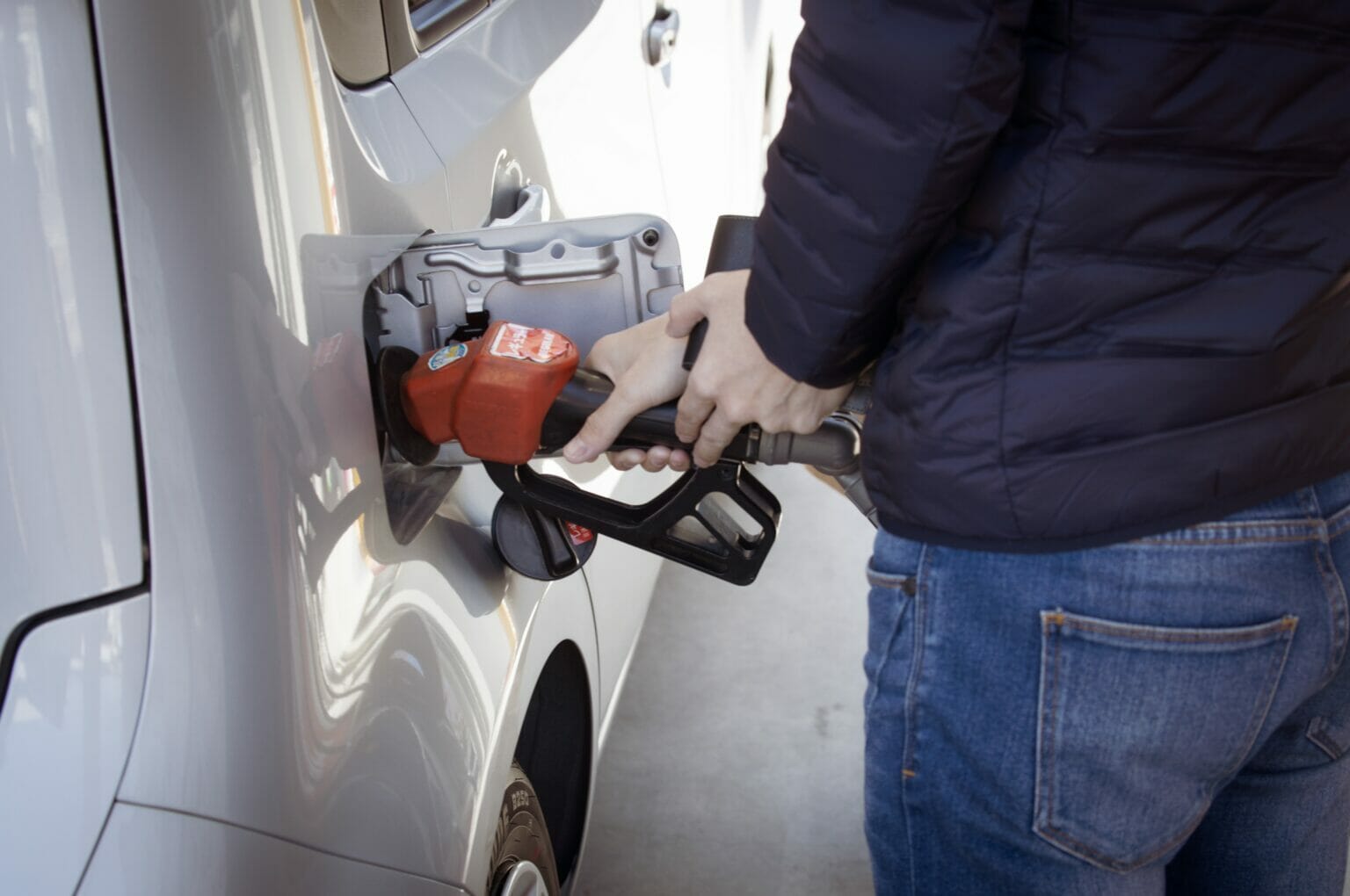Some analysts and traders thought oil prices would be triple-digit when China reopened for business after anti-Covid 19 steps. Instead, oil prices have dropped 10% so far this year.
Instead, one of the most active cycles of rate tightening by central banks in decades has slowed down demand and given traders a reason to sell the oil they have in storage; this increased the short-term supply of oil on the market at the same time that oil exports from Russia and Iran were going through the roof.
But now, with help from OPEC+ cuts and those exact higher borrowing costs, stocks are starting to go down. Some bulls now say that the market is close to a tipping point, which will cause crude prices to go up in the future because the cost of money is increasing, making barrels leave storage tanks.
In an interview with Bloomberg TV last month, Amrita Sen, co-founder and head of research at Energy Aspects, said, “Nobody wants to hold inventory, and I think the world is moving towards lower inventory forward cover.” “If you ask me what I missed this year, it’s the rising cost of capital and what that’s doing to the market, which is destocking.”
When interest rates stay high for a long time, it is costly to store oil.

Take a shipment of 2 million barrels that costs $80 per barrel. At 5% interest, it would cost a seller $8 million annually to borrow the money to keep the consignment.
That means keeping goods costs an extra 30 cents per barrel per month. Backwardation, happening right now, makes it even less appealing to store oil because traders have to sell barrels they had kept at a loss.
Higher borrowing costs also cut into the profits of oil refiners, who buy crude oil and then sell fuels like petrol and diesel later; this makes it more likely that the world will have to get used to having less oil.
In a recent note, experts at Goldman Sachs Group Inc., including Callum Bruce, said that a higher cost of capital makes it more likely that a company will get rid of its stock. “The destocking stops when inventories reach a new equilibrium that is lower.”
The bank said that higher interest rates had put $8 per barrel of pressure on the shape of the futures curve, which comprises crucial time spreads. They also noted that it was the most critical change of its kind in decades.
Draws Dawning
The bulls, who have been wrong about their optimism this year, say that extensive oil stock draws are coming soon.
The International Energy Agency thinks that by the end of the year, more than 30 million barrels a day will be needed from OPEC crude, and more than 30 million barrels will be stored.
That’s almost 2 million barrels daily, more than what the group pumped last month. The energy study arm of the US government also thinks that stockpiles will go down in the second half.
This essential confidence is at odds with some of the other harmful things happening because rates are increasing.
Since the first time the Federal Reserve raised rates, oil prices have been under pressure repeatedly. The Fed’s June meeting minutes showed that most officials agreed that more tightening would be needed this year.
With worries that slowing economic growth will hurt energy use worldwide, investors have flocked to investments with higher yields and less risk. Bloomberg data shows that a mix of 16 cross-commodity ETFs is on track for its most significant annual outflow since at least 2006.
Warren Patterson, head of commodities strategy at ING Groep NV, said, “Investors don’t have to look for yield as hard as they do when interest rates are low.”
This week, the leaders of OPEC+, Saudi Arabia, and Russia stepped up their efforts to tighten the market by promising to cut oil supplies even more next month. With signs of decreasing US inventories, bears say the market will get stronger.
Now, the question is whether or not raising interest rates will make this strength even stronger by emptying store tanks.
